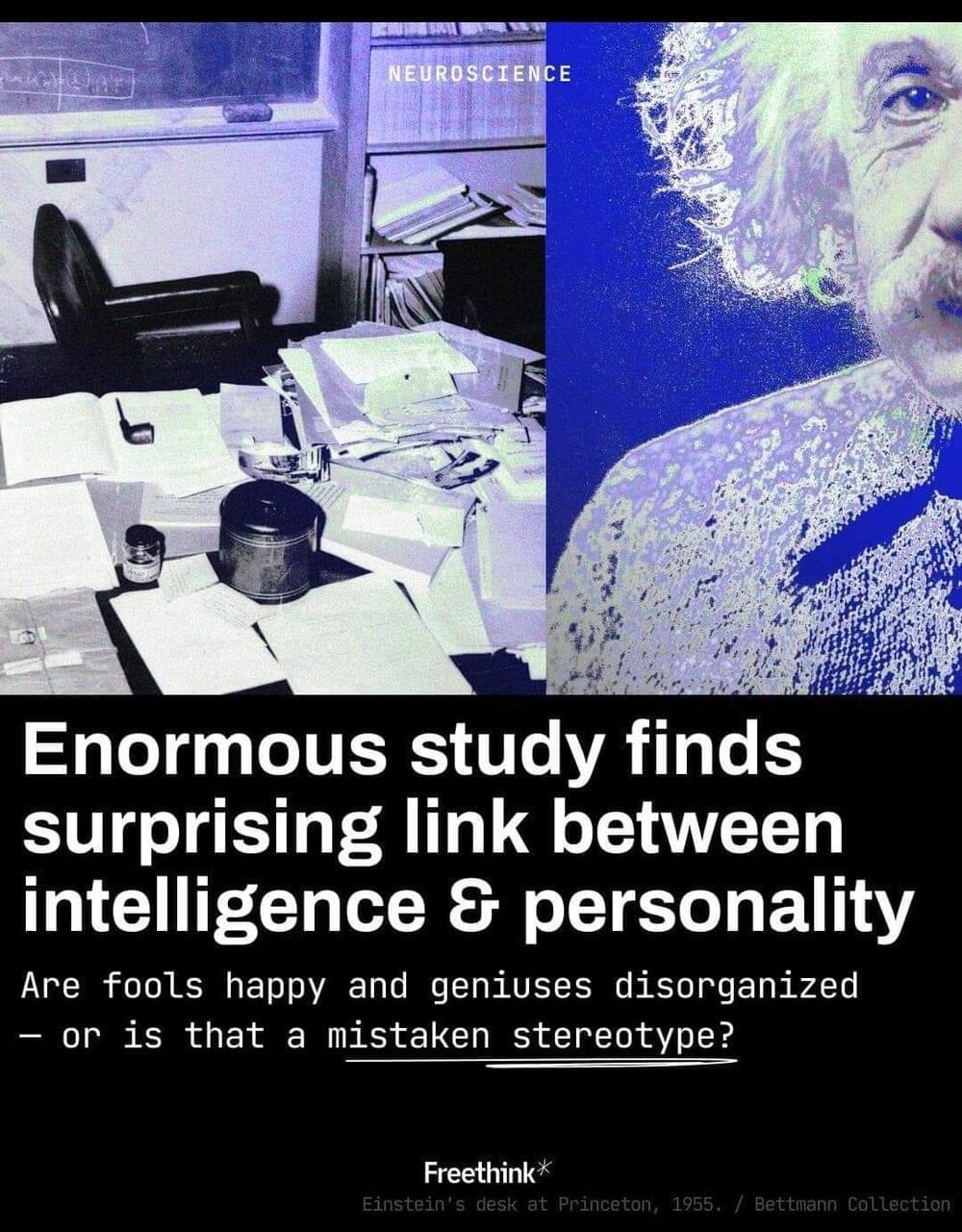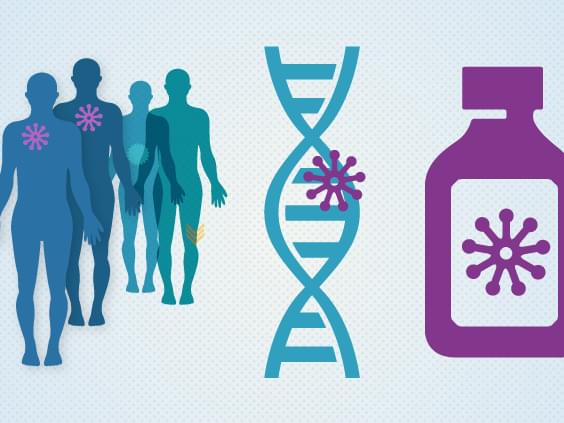Oct 20, 2023
Gilead Sciences researchers collected data
Posted by Shubham Ghosh Roy in categories: business, computing, military, neuroscience
From every study they could find, including research that was never published, research by the military and private businesses, and research that had sat dormant on hard drives for decades to find out how personality and intelligence relate to each another.
Fourteen years later, the massive data catalog has dropped. It contains 79 personality traits and 97 cognitive abilities from 1,300 studies from over 50 countries including over 2 million participants. And an early meta-analysis published in the Proceedings of the National Academy of Sciences shows that personality and intelligence relate in some surprising ways.
Personality describes how someone generally thinks, feels, and behaves. Intelligence (termed cognitive ability by the researchers) describes how well someone can understand and apply information.
Here are 3 of the 5 findings:
1. Extraversion, a measure of sociality and enthusiasm, was only negligibly related to intelligence overall. However, the activity facet more strongly correlated, and (surprisingly) sociability had a small negative relationship with some cognitive abilities.
2. Neuroticism encompasses negative emotionality, which can inhibit advanced thinking. Despite the trope of the moody genius, perhaps it’s no surprise that higher levels of neuroticism predicted lower levels of intelligence, albeit weakly. The uneven temper and depression facets were particularly strong predictors of decreased intelligence.
3. Conscientiousness, a measure of self-regulation and orderliness, correlated positively with intelligence overall. But some facets, including cautiousness and routine seeking, predicted lower cognitive abilities.
For the rest of the findings, along with something interesting they learned about extraversion, click here: https://www.freethink.com/society/study-personality-intellig…jjjrtebdkm.
Article by Elizabeth Gilbert.



 עברית (Hebrew)
עברית (Hebrew)














